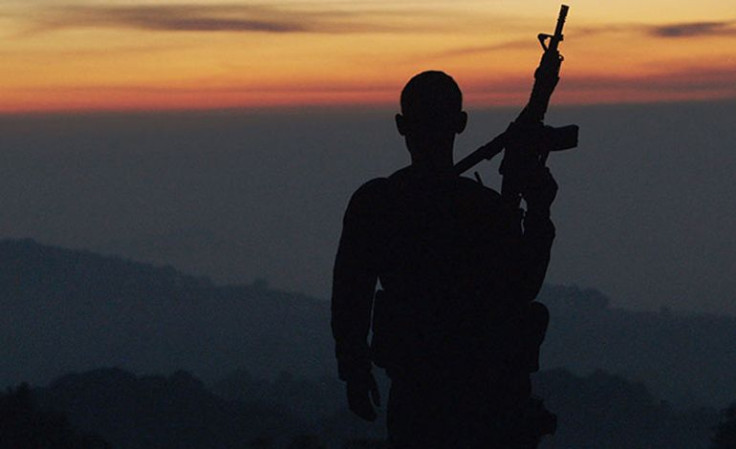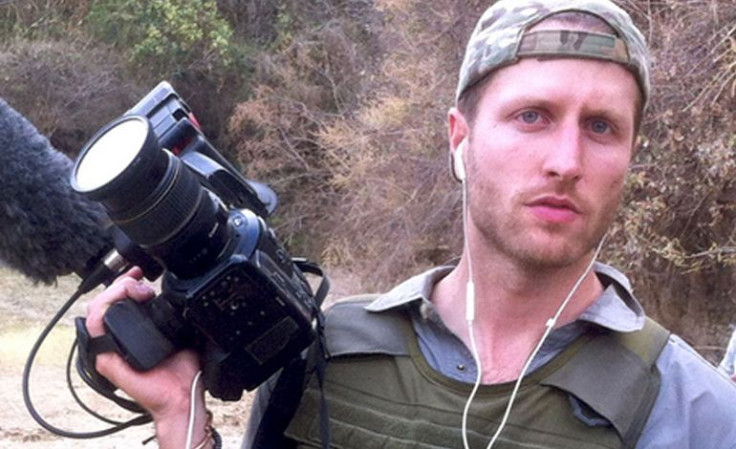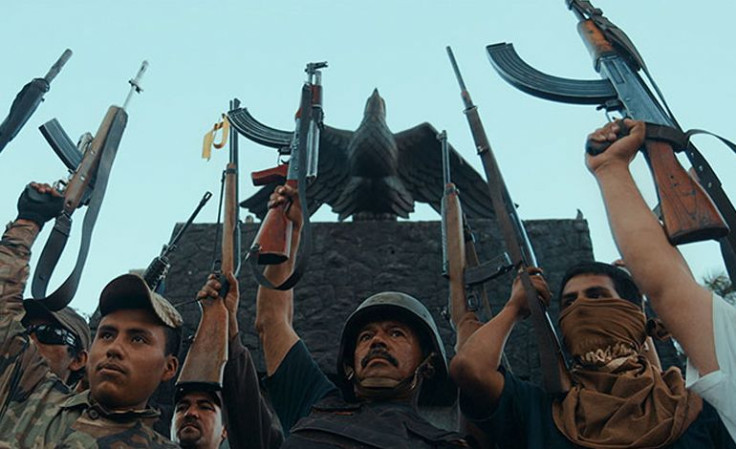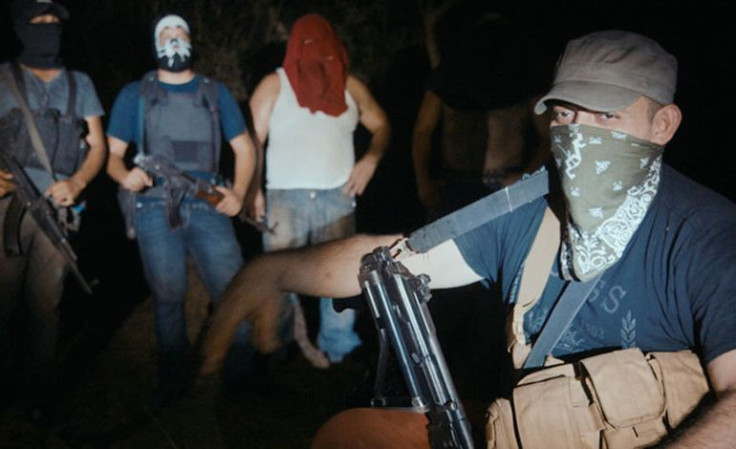
“There’s so much coverage of drug wars and narco-violence through different media that I really wanted to go beyond the headlines and put myself right in the middle of the action to see the effect of this narco-violence in every-day people and to see the response of every-day people rising up to fight back.” With those words, director Matthew Heineman began our conversation about his new award-winning documentary film “Cartel Land,” a riveting, on-the-ground look at the journeys of two modern-day vigilante groups and their shared enemy: Mexican drug cartels.
On the Mexican side of the border, specifically in the state of Michoacán, Dr. José Mireles, a small-town physician known as “El Doctor,” leads the “Autodefensas” group, a citizen uprising against the violent Knights Templar cartel. Meanwhile, in the United States, Tim “Nailer” Foley, an American veteran, heads a paramilitary group called Arizona Border Recon in Arizona’s Altar Valley, a narrow 52-mile-long desert corridor known as Cocaine Alley. Their goal: to stop Mexico’s drug wars from seeping across the border.

“I think getting access for the filming was the biggest challenge,” Heineman says. “I really wanted to show people a world they had never seen before and to get the access that I wanted took time, effort and there were obviously challenges getting that.” Eventually, as Heineman spent at least two weeks of the month for almost a year filming, people started getting acquainted and opening up more and more, resulting in a compelling film that shows you a reality you never imagined existed.
Once he was “in,” he started to realize that the so-called good guys might not necessarily be “good.” “When I first started making this film, especially on the Mexican side of things, I started with a simple story: guys in white shirts fighting guys in black masks, and over time, I realized that the lines between good and evil were much more blurred,” Heineman explains. “It was frightening. You often didn’t know, as the film progressed, if you were with the good guys or the bad guys.”

But even so, and being part of shootings between vigilante groups and cartels, the scariest moment for the director was when he met one particular woman who had a hair-raising story. “One of the scariest moments for me was the moment that I talked to the young woman,” Heineman began explaining. “Her husband was kidnapped with her by the cartel and she witnessed them chop the husband’s pieces and burn him in front of her, and to see this woman in front of me who was there, but her whole soul had been sucked out of her, with deeply hollowed eyes, and hearing this guys and the horrors of what happened and to think we’re the same species of human beings that would do that to people, that scares me much more than anything.”

The director went on saying that the making of this film was definitely life changing for him and that it’s more than just a typical cartel movie. “On some levels this film is about what motivates man and women to take up arms, to sort of fight for what they believe in,” Heineman said. “It’s also about the dynamics of this group, the dynamics of what makes a group successful and what ultimately happens when men and women take up arms and walk outside of the law.”
Last, but not least, Heineman has a message for everyone who’s going to see the movie, in theaters July 3. “I would like the people to look at this film and to really see a war that they’ve never seen before, that instigates a conversation about this war that’s happening, this war in Mexico that’s approximately killed 80,000 since 2007; 20,000 plus have disappeared since 2007, and this is a country that’s south of us, we share a border with this country. We talk about ISIS and everything happening around the world, but this is right on our doorstep and I hope it instigates an important dialogue about what’s happening down there.”
© 2024 Latin Times. All rights reserved. Do not reproduce without permission.
